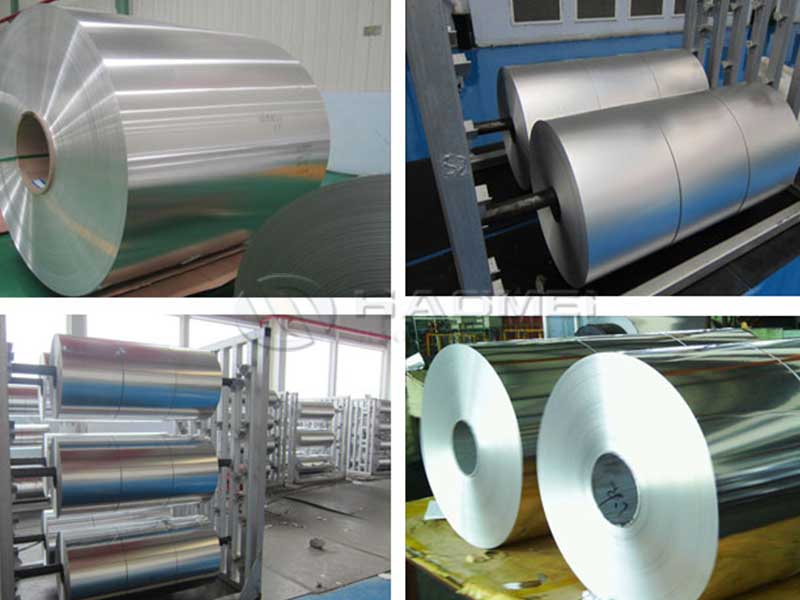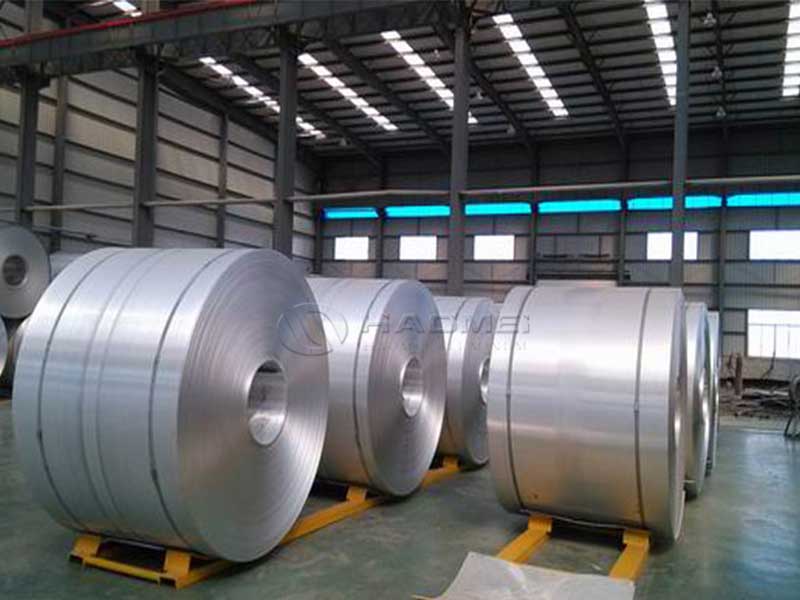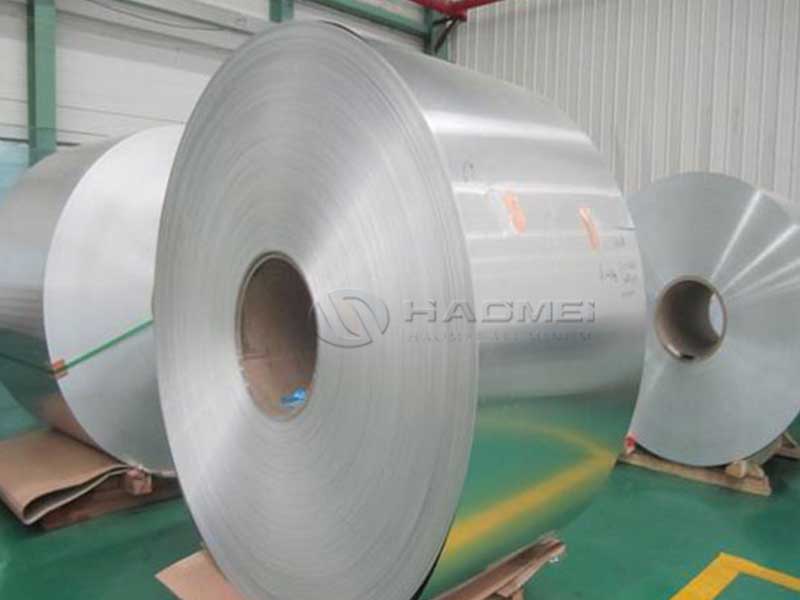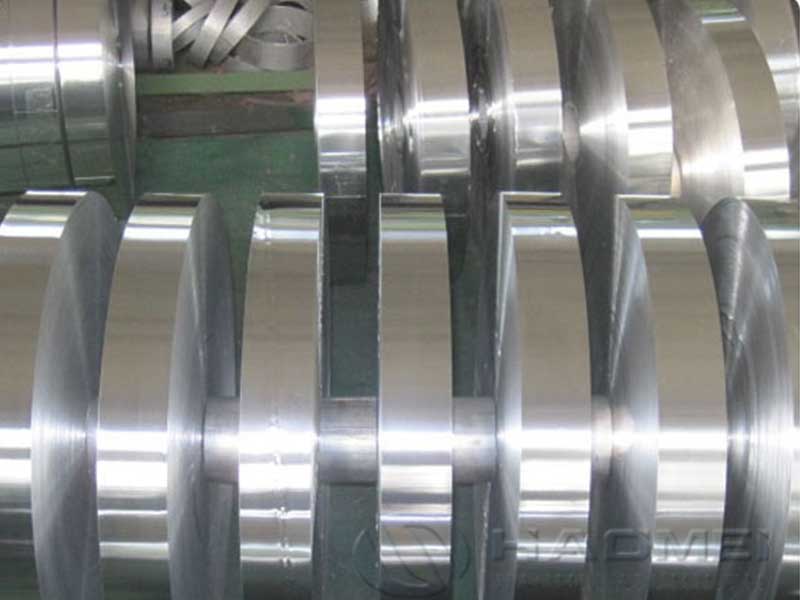In the ever-evolving landscape of packaging, the need for cost-effective, versatile, and reliable materials is paramount. One clear winner in this category is reliable epoxy-coated aluminum foil, particularly when it comes to plastic closures. This specialized product not only champions affordability but also offers unique benefits in industrial, food packaging, and pharmaceutical applications.
Epoxy Coated Aluminum Foil
Epoxy coated aluminum foil is an engineering marvel designed to provide an optimized barrier against moisture, gases, and UV light — vital characteristics for preserving the integrity of various products. The epoxy coating modifies the interaction between the foil and its contents, allowing for easier sealing and outstanding adhesion, which is crucial for manufacturers aiming to retain product freshness without compromising on oversight.
Why Choose Affordable Epoxy Coated Aluminum Foil?
1. Superior Sealing and Leak Prevention
One of the primary advantages of epoxy-coated aluminum foil is its exceptional sealing capabilities. When applied to plastic closures, it creates a tight, reliable barrier that minimizes chances of leakage or contamination. With increasing consumer demands for safety and quality, this characteristic is indispensable for pharmaceutical and food industries alike.
2. Cost-Effectiveness
Production and procurement costs can significantly impact overall profitability. By switching to affordable epoxy coated aluminum foil, businesses can meet these financial objectives without sacrificing quality. Lower raw material costs combined with high-efficiency sealing mechanisms add unparalleled value.
3. Heat Resistance and Stability
The epoxy coating also enhances the overall thermal stability of aluminum foil, allowing it to maintain its structural integrity even when subjected to varying temperature conditions. This feature is particularly important for closure applications where temperature may fluctuate due to storage and transportation.
Technical Parameters and Chemical Properties
Here’s an overview table detailing the parameters, implementation standards, alloy tempering, and chemical properties:
| Property Overview | Value |
|---|---|
| Material | Epoxy Coated Aluminum Foil |
| Alloy Specimen | 1100-H26 / 3003-H24 |
| Thickness | 25 – 150 microns (0.025 – 0.15 mm) |
| Coating Thickness | 5 – 20 microns |
| Dent Level Before Sealing | 75 MPa (14.5 ksi).: |
| Sealing Temperature Range | 120°C - 250°C (248°F - 482°F) |
| Tensile Strength | 275 MPa (39,875 psi) generalized |
| Elongation Temperature Stabilidgeum | <2000 F |
| Chemical Resistance | Excellent against acids & chlorinated cleaners |
| Barrier Properties | O2: <0.05 cc/m²/24h - Moisture: <0.3 g/m²/24h |
Implementation Standards
In the context of productivity and quality assurance, it's essential for businesses to follow renowned standards while utilizing epoxy coated aluminum foil in their processes:
- ISO 9001:2015 – Standard for Quality Management Systems (QMS) ensuring that consistently high-quality products are generated.
- FDA Compliance – For any food-contact application, the material must conform with FDA regulations regarding food safety and permissible exposure levels.
- ISO 11469:2000 – Specifies criteria for the identification of plastic materials for recycling, an essential component of eco-friendly packaging initiatives.
Alloy Tempering and Metal Specifications
The tempering of aluminum affects alloy properties significantly. For instance:
- Alloy 1100-H26 exhibits high corrosion resistance and forms easily, ideal for sensitive applications.
- Alloy 3003-H24, meanwhile, showcases enhanced strength and medium formability, creating a balance for tougher focused closures.













